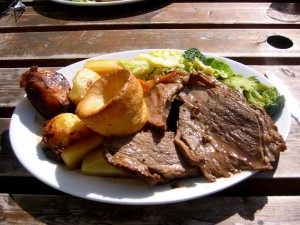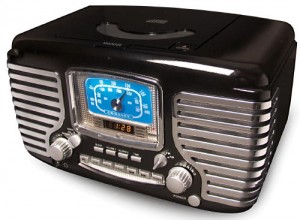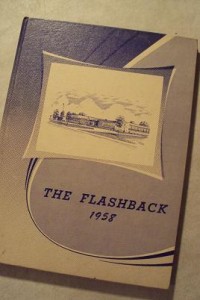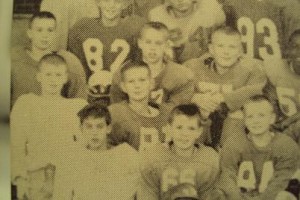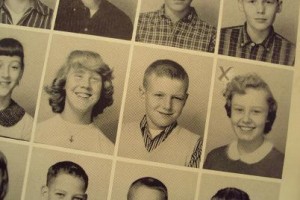Although it seems incongruous, widowhood has its perks. Lest you think I’ve suddenly stopped missing Nate, I haven’t. His face, voice and personality run through every one of my daytime hours and often into the night. But several of my widowed friends are now encouraging me to count an unusual type of blessings.
For example, today I left the house on an errand-running excursion at 4:30. Around 6:30, I subconsciously knew I should get home to start supper. Nate used to walk in the door at 7:10 every weekday (6:50 when we lived near Chicago), and he loved to smell dinner waiting for him. It was a moment he looked forward to throughout each day, so I tried to make it happen.
Tonight as I pushed my cart from Walmart’s grocery aisles to its pet section, it dawned on me that I needn’t hurry. Nate wasn’t on his way home, a bittersweet thought, mostly bitter. But there was a bit of sweetness to it, too. I could finish my errands before heading home, a small thing but something my widow-experienced pals have told me to count as a blessing.
This is new for me, and it doesn’t always sit well. Although I looked for positives during every one of Nate’s 42 cancer-days, this kind of blessing-hunt seems different, something akin to betrayal. Feeling gratitude for a benefit that comes to me only because Nate died seems wrong, even though I’m trying to look on the bright side of life.
Does God want me to seek out these blessings of widowhood? Even before I answered my own question, I came up with something positive. Nate liked music, but very little of it. He never failed to appreciate an Elvis number, but his first choice was not to have music playing in the house at all. He thought it inhibited conversation.
My thinking was that music or radio added a dimension to chores, meals, entertaining, almost anything. Nate asked me only three times if we could “turn that off,” but I got his drift. After that, when he drove in the driveway, his tooting horn was my cue to click off the music. Sometimes I resented doing it, but wanting him to think of his home as his haven, I did it anyway. So what about now? Now I can listen to music around the clock if I choose. It’s a small thing but does qualify as a plus.
My guess is there are many widows who continue in the patterns of their marriages because they want life to stay the same as it was. I read of one widow who began doing what her husband wanted her to do, after he died. That doesn’t make sense, unless she was motivated by guilt or remorse. Complying with his wishes after his death probably wouldn’t soothe either one.
What is the proper balance between a merry widow like Scarlett O’Hara and one who can’t move out of the darkness at all? I believe God gifts us with good things every single day, all of us. Some gifts are obvious, and others are hidden, requiring us to search for them. Following this logic, a woman receives blessings when she is a wife but then also when she’s a widow. After a husband dies, his wife might be lost in grief for some time, but God showers her with good things even while she weeps. The person who can’t heal at all might simply need to hunt for the Lord’s touch on her life. When she finds it, her grief will ease.
I’m beginning to see new things as I move through the months, ways in which God is sustaining, encouraging and blessing me. And if Nate read this post about the music issue, he’d say, “Turn up the radio, Dear, and let music fill the cottage!”
“Though I sit in darkness, the Lord will be my light.” (Micah 7:8b)

